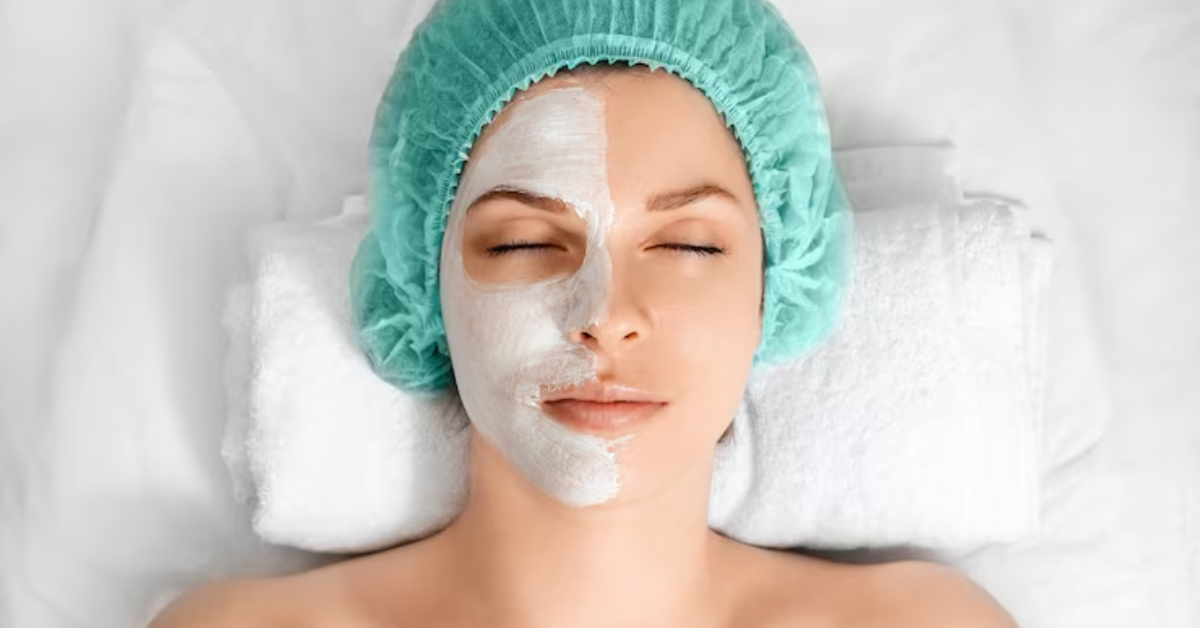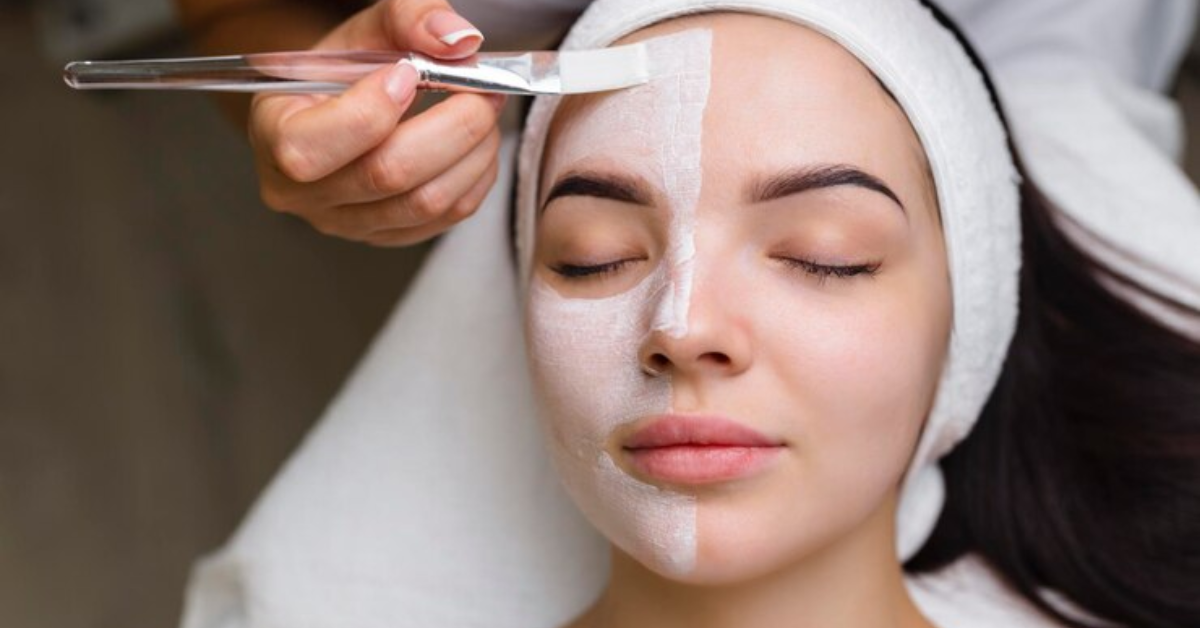Can Laser Hair Removal Lead to Cancer?
In the pursuit of achieving the ultimate in smooth, hair-free skin, laser hair removal has emerged as a widely embraced and effective cosmetic procedure. Millions of individuals have turned to this non-invasive technique to bid farewell to the inconvenience of shaving, waxing, or plucking unwanted hair. The promise of long-lasting results and the convenience it offers have made it a go-to choice for many seeking to simplify their grooming routines.
Yet, amid its soaring popularity and remarkable success stories, a lingering question continues to provoke curiosity and concern: Can laser hair removal lead to cancer? This introduction sets the stage for a thorough and nuanced exploration of this intriguing topic, one that has garnered attention from both medical professionals and the general public.
The Controversy: Cancer Concerns
The controversy surrounding laser hair removal and its potential link to cancer has gained momentum due to the procedure's widespread popularity. While many have lauded its efficacy and convenience in achieving hair-free skin, a growing number of individuals are raising legitimate questions about its safety. Their concerns center on the possibility that the concentrated light energy employed during the procedure could have unforeseen and detrimental impacts on the skin and surrounding tissues, potentially leading to the development of cancerous cells. This issue underscores the need for a comprehensive examination of the scientific evidence and expert insights to address these concerns and provide individuals with a well-informed perspective on the safety of laser hair removal.
How Laser Hair Removal Works
Laser hair removal is a cutting-edge method for long-term hair reduction that harnesses focused light beams to selectively target and disable hair follicles. This procedure employs precise, high-intensity laser beams that emit specific wavelengths of light. These beams are absorbed by the hair's pigment (melanin), generating heat within the hair follicles. The follicles are then damaged, impeding their ability to produce new hair. The process begins with skin preparation, including cleansing and the application of a cooling agent for comfort and protection. The technician then directs the laser to the target area, where it penetrates the skin, reaches the follicles, and disrupts their function.
Laser hair removal stands out due to its ability to accurately target hair follicles. Unlike temporary methods like
waxing or shaving, it aims for enduring results. The laser homes in on the melanin in each hair, essentially disabling the follicle while sparing the surrounding skin. Success largely hinges on the contrast between hair and skin pigmentation, with the procedure being most effective for dark, coarse hair against fair skin.
Safety and Side Effects
It is critical to think about safety and possible side effects when it comes to laser hair removal, which is highly praised for its effectiveness. While this procedure is generally regarded as safe, there are important aspects to keep in mind.
Common Side Effects
Despite its overall safety record, laser hair removal can lead to temporary side effects in some individuals. These side effects typically include redness, swelling, and mild discomfort in the treated area. It's important to note that these effects are short-lived, usually subsiding within a few hours to a couple of days after the procedure. These transient side effects are a common part of the process and generally not cause for concern.
Theoretical Cancer Risk
One of the most prominent and debated concerns regarding laser hair removal is the theoretical risk of cancer. This apprehension arises from the concentrated light energy used in the procedure and whether it might have unintended and potentially harmful effects on the skin and surrounding tissues, potentially leading to the development of cancerous cells.
The theoretical basis for the cancer risk associated with laser hair removal is rooted in the idea that the intense light energy could, in some way, damage the DNA of skin cells or stimulate mutations that might lead to cancer. There is also a concern that the heat generated during the procedure might have long-term consequences, although these are not well-understood.
Despite these concerns, it's important to note that the scientific community has not established a direct link between laser hair removal and cancer. Extensive research has been conducted to assess the safety of the procedure, and while some studies have explored the potential risks, no definitive evidence has emerged to support the idea that laser hair removal can lead to cancer.
Scientific Studies and Research
To gain a deeper understanding of the safety profile of laser hair removal, extensive scientific studies and research efforts have been conducted. Numerous scientific studies have been carried out to assess the safety and efficacy of laser hair removal. These studies typically involve examining the outcomes of the procedure, potential side effects, and the long-term impact on the treated areas. Researchers analyze various parameters, including skin type, hair color, and laser settings, to gather comprehensive data.
These studies have provided valuable insights into the
effectiveness of laser hair removal, showing that it is generally well-tolerated and effective in reducing hair growth in treated areas. However, they have also highlighted the importance of individual variability, as results can differ based on factors such as skin type and hair color.
Despite the substantial body of research on laser hair removal, conflicting findings and varying opinions exist within the medical and scientific communities. Some studies suggest minimal risks and side effects, while others raise questions about potential adverse outcomes. These disparities in research outcomes may stem from differences in study designs, sample sizes, or variations in laser technology and techniques used.
In navigating the wealth of scientific studies and research on laser hair removal, it's essential to recognize that the field continues to evolve. New studies and technologies emerge, providing opportunities for more accurate assessments of the procedure's safety and efficacy. Staying informed about the latest research and
seeking expert guidance can help individuals make well-informed decisions about whether laser hair removal aligns with their beauty and grooming goals.
Expert Opinions and Medical Community Views
To gain a well-rounded perspective on laser hair removal's safety, it's vital to consult experts in the field. Dermatologists, with their expertise in skin health, are often at the forefront of laser hair removal procedures. Their insights provide valuable information on best practices, potential risks, and how to mitigate adverse effects.
As cancer specialists, oncologists bring a unique perspective to the discussion, offering their views on the theoretical cancer risk associated with laser hair removal. Their insights help to bridge the gap between cosmetic procedures and broader health concerns.
Safety Measures and Precautions
When
considering laser hair removal, prioritizing safety is paramount. To ensure a safe and effective experience, it's essential to adhere to specific safety measures and take necessary precautions.
Skin Assessment: Before undergoing laser hair removal, it's important to assess your
skin type and condition. Darker skin tones may require specialized lasers, and certain skin conditions or recent sun exposure may necessitate postponing the procedure.
Medical History Review: Inform your laser technician of any medical conditions, medications, or recent treatments you've undergone. This information helps them tailor the procedure to your specific needs and avoid potential contraindications.
Patch Testing: In some cases, a patch test may be recommended. This involves applying the laser to a small area of skin to check for adverse reactions or allergies to the treatment.
Proper Aftercare:
Following the procedure, adhere to the recommended aftercare guidelines. In most cases, this means staying out of the sun, slathering on the sunscreen, and staying away from anything that might aggravate the treated area.
Hydration and Skin Care: Keeping your skin well-hydrated and using gentle skincare products can help minimize post-procedure side effects.
Regular Follow-Ups:
Attend follow-up appointments as advised by your laser technician or dermatologist to monitor progress and address any concerns promptly.
Selecting a Qualified Provider
Ensuring a safe and successful experience with laser hair removal involves careful consideration of several important factors. First and foremost, it's important to check the credentials of the provider. Thoroughly research their qualifications and certifications to confirm that they are licensed to perform laser hair removal and possess the necessary training and experience. This step forms the foundation of a secure and effective procedure.
Seeking referrals can provide valuable insights into the quality of care provided. Recommendations from friends, family, or trusted sources who have undergone laser hair removal can offer firsthand accounts of their experiences. These personal referrals can be instrumental in helping you make an informed decision about your choice of provider.
Prior to committing to the procedure, scheduling a consultation with the provider is highly advisable. During this meeting, you can openly discuss your goals, ask questions, and evaluate the professionalism and expertise of the provider. Effective communication is key, and a reputable provider should explain the procedure, potential risks, and expected outcomes clearly and comprehensively. They should also address any concerns you may have, ensuring you have a complete understanding of what to expect.
Visiting the facility where the procedure will be performed is another essential step in ensuring your safety. Confirm that the facility is clean, well-maintained, and equipped with the latest laser technology. Modern equipment often yields better results with fewer side effects, so assessing the facility's quality is vital.
You can significantly lessen the risks of laser hair removal by adhering to these precautions and choosing a qualified, trustworthy provider. Prioritizing your health and well-being ensures that you can enjoy the benefits of this popular cosmetic procedure with confidence, knowing that you have taken the necessary steps to ensure its safety and success.
Conclusion
Laser hair removal is widely regarded as a safe procedure, and it is important to emphasize the measures that can further enhance its safety. It's necessary to acknowledge that the notion of laser hair removal causing cancer is largely theoretical, and the available scientific evidence does not firmly establish a direct connection. Therefore, it is important to approach the procedure with a focus on safety measures and informed decision-making. Consulting with medical professionals and prioritizing one's overall well-being should always be at the forefront when considering cosmetic treatments. This balanced approach allows individuals to confidently reap the benefits of laser hair removal while minimizing any perceived risks.
BOOK YOUR FREE SESSION
We will get back to you as soon as possible
Please try again later
-
Locations
- Laser hair removal fort lauderdale
- Laser hair removal Hollywood
- Laser hair removal Pompano Beach
- Laser hair removal Pembroke Pines
- Laser hair removal Dania
- Laser hair removal Coral Springs
- Laser hair removal Margate
- Laser hair removal Coconut Creek
- Laser hair removal Deerfield Beach
- Laser hair removal Hallandale
- Laser Hair Removal Cooper city
- Laser hair removal davie
© 2021 Huggie Beauty Developed by LocalOptimize.co - All Rights Reserved










